In early September, the Pakistan politics Senate’s elections went off without a hitch. But as the result showed Pakistan Politics Arif Alvi still hasn’t given his nod to go for re-election. This is quite alarming because Pakistan Politics is facing an imminent crisis. As Pakistani politics currently stands right now, what would be Pakistan politics fate if it continues to remain stable? It might sound like a hypothetical question of course.
But one marvels “for what reason would it be a good idea for anyone to figure the eventual fate of this country can be anticipated?” However long we keep on having our chiefs that are not administering the country in a way we can support or abhorrence, maybe these inquiries will stay unanswerable.
Which is no 1 Pakistan politics party?
Although sadly these answers aren’t very possible as politicians only do their best to keep us happy so they want to run away and keep themselves secure to become rulers once again. To them the buck stops somewhere and their heads are the ones with the power; they don’t even consider the wellbeing of people who can be affected by their decisions.
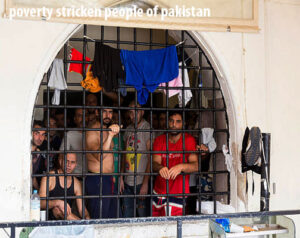
Is there really a reason for such selfishness? Why bother? Are those still running Pakistan politics into the ground? They surely wouldn’t survive the next few months in office. Can Pakistani politics citizens ever trust any other Pakistan politics president? And just how much will they put up with? These are all legitimate questions that people might ask themselves.
Such questions are certainly normal because many people find themselves asking them during times of crisis. So let’s look at the history of whether and how such problems arise. First, here is a brief introduction of the Pakistan politics evolution of Pakistan from before 1947 till today:
In the pre-colonial period (before 1947), the British Raj was established in Sindh under the Nawabs. Under these rules, some provinces were administered by the Nawabs, while others remained independent. After the partition in 1947, Pakistan became divided into two parts which divided into six regions.
Three major provinces in Southern Punjab and the Gilgit–Baltistan Province were governed under the provincial government, while Balochistan was administered by the federal administration, following the divisional line between the former federating units. Due to the partition, Pakistan politics gained independence and began its journey towards independence which occurred in 1948. A constitutional amendment was finally passed on in 1956 and laid the foundation of a national constitution. A first democratic elections were held in 1956 and after which the government formed a new constitution.
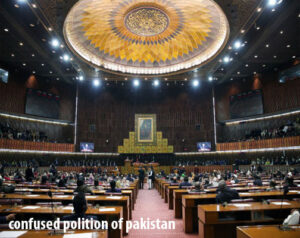
After these important milestones (which weren’t enough) but the events of 1947 show the impact of the 1947 tragedy, a severe state terrorism started spreading across the whole country. From the beginning till the 1960s, Pakistan faced huge damage due to war and conflict.
There were constant calls to end the violence especially from religious groups and the then Prime Minister Liaquat Ali Khan who called for a peaceful resolution to the conflicts. With time, Pakistan found itself in another vicious civil war where millions of civilians lost their lives in battles. This was the most devastating incident that Pakistan has suffered, both politically and militarily. By 1964, the military had taken over control of all the power, and the elected governments were abolished, a year later, a civilian rule was introduced.
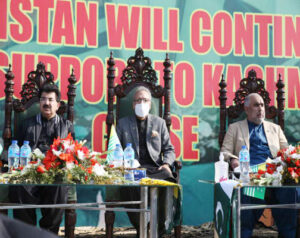
The army took complete control of the country and maintained strict order of law. Even with this, however, Pakistan’s social fabric was gradually destroyed due to sectarian hatred and deep-seated fear. By 1979, a series of riots broke out leading to massive killings and destruction of businesses and schools, resulting in tens of millions unemployed population.
Since then Pakistan’s economy plummeted. It seemed that Pakistan was going through a similar predicament at present, only this time in the form of a civil war rather than a civil war; instead of having hundreds of thousands killed and thousands more injured in bombings and targeted assassinations, mass murder, kidnapping, rapes etc. it seems like the society cannot bear the pain anymore.
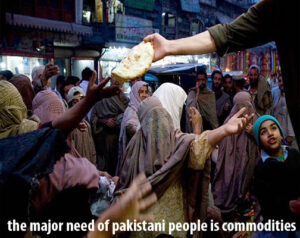
What is worrying about Pakistan, is that now every Pakistan Politics must make sacrifices to appease the military. Politicians have no alternative as the army takes full control of the country. We all know how irresponsible Pakistani leaders are. No wonder more and more of them are losing their lives in wars; they don’t have the courage to face this reality.
As a society we can say that we’re in a historical moment. If we look at the past 20 years, there have been several armed conflicts that followed. One, particularly notable, was the sectarian massacre of Peshawar University College students on November 17, 2014. On October 16, 2008, an Islamist terrorist group launched attacks from three different locations, killing 26 people; most victims coming out of business schools. Two days later, terrorists attacked another prominent educational establishment in Peshawar, including universities in Faisalabad and Karachi.
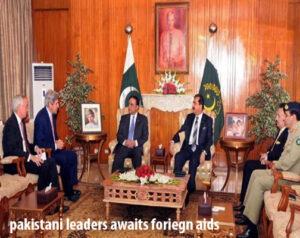
Just like a lot of previous incidents, these two attacks were carried out by Islamic extremists. During the second attack around the same time, police fired at anti-police shooters. Both attacks ended with the death of 50 people and left many injured. The fact that when the second attack happened, Pakistani politicians couldn’t hold back or control their emotions and took a dramatic stand against violence.
Yet after all these deaths, yet this time it was the Pakistani politicians who didn’t take responsibility. Most importantly, it was the public who wasn’t happy either. Many people wanted these incidents to stop. But unfortunately not everyone listened or even considered whether this could be avoided.
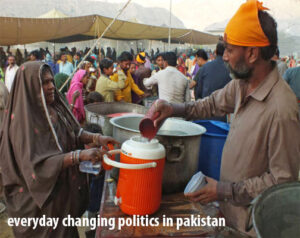
Nowadays, politicians keep calling for peace and reconciliation. Peace doesn’t mean anything on paper, it means nothing on earth. But nobody believes what they are saying. Nobody took the possibility into consideration and the result was tragic. Today, even the prime minister says that he hopes that the bloodshed will end soon after this event.
Sadly, they still haven’t come to an agreement with each other yet and it seems like that the war isn’t getting any less deadly. And the question is, what do you get when your government is defeated? Does it mean we’re done, that we can live peacefully? Or does it mean that we are dead? Both of these questions seem like ridiculous.
But what about Pakistan’s next president? That is another story altogether.












